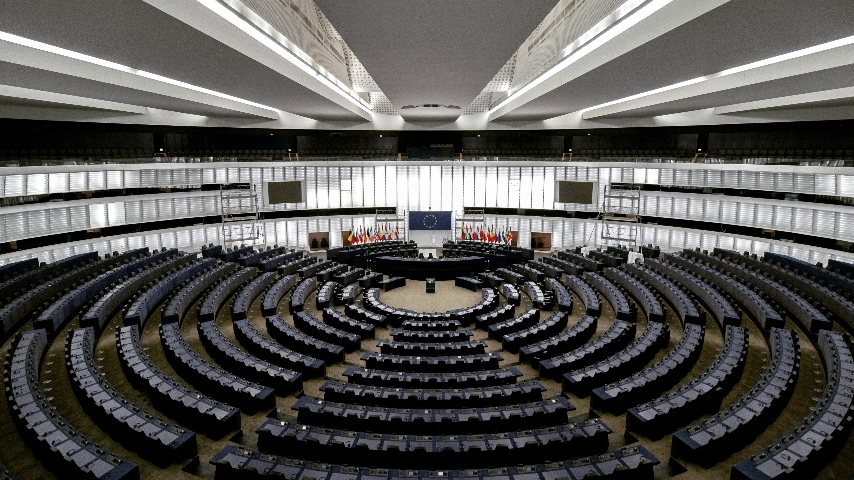In addition to reducing their own and value chain emissions, companies also need to align their lobbying and advocacy with the Paris Agreement goal of limiting global warming to 1.5°C and securing a livable planet for all. While a number of business associations are actively advocating for the policy conditions needed to deliver these goals, many are still promoting policy agendas that are destructive for climate and nature, and misaligned with their member companies’ own climate and sustainability priorities.
A new guide now presents concrete actions that companies can take to assess and align membership in business associations with the 1.5℃ climate ambition, helping them to ensure that the associations they are part of do not undermine the delivery of their sustainability goals and expose them to greenwashing risks through their lobbying activities.
By representing the collective business voice and the interests of their members, business associations have a key role to play in shaping the policy landscape. But when it comes to climate policies, analysis reveals that many traditional business associations are not lobbying in support of Paris-aligned climate policies and regulations, despite the fact that many of their members have set science-based emissions reduction targets and require an enabling policy environment to meet them. This analysis suggests that business associations may often be lobbying against the interests of those members that themselves have ambitious climate targets in place and are seeking to lead the transition to net zero.
The “Business Associations Climate Action Guide” intends to raise awareness among companies for how important it is to engage business associations on climate. It empowers businesses across all sectors to take concrete action by providing guidance on how to assess business associations’ alignment with the 1.5°C ambition and suggests steps that companies can take to address cases of misalignment.
The guide was developed for business leaders, sustainability professionals, board members and employees and was authored by Exponential Roadmap Initiative and Race to Zero, along with the support of leading business sustainability organisations including World Business Council for Sustainable Development (WBCSD), We Mean Business Coalition, UN Global Compact Network UK and Climate Action for Associations. The guide was reviewed by stakeholders in business and produced with the technical expertise of InfluenceMap and Volans.
Nigar Apardarai, UN Climate Change High-Level Champion for COP29:
Business engagement on climate action is critical. Supporting ambitious climate policy is one way businesses can demonstrate leadership. It is critical that business associations work collaboratively with their business members to support policy incentives that unlock innovation and progress us faster on the #RacetoZero.
Catherine McKenna, CEO of Climate and Nature Solutions, Chair of UN Secretary-General’s High-level Expert Group on Net-Zero Commitments, former Canadian Minister of Environment and Climate Change:
Companies’ own climate commitments ring hollow if they are not also looking at the wider ecosystem in which they operate. Business associations hold huge sway in the climate policy landscape and can have a vast impact on the speed of the transition. It’s essential that companies are transparent about who is representing them and unrelenting in the climate commitment they expect from them. Promisingly, we are now seeing positive trends in this space and this Guide for Trade Associations may accelerate this.
Fiona Duggan, Global Sustainability Senior Manager – Climate Advocacy, Unilever:
Business associations have the power to help drive climate policy action. The Business Associations Climate Action Guide clarifies what steps businesses should take to assess, align and accelerate their business associations in achieving climate policy ambition. Unilever is pleased that our recent review of associations is featured as a case study in the guide. We hope a combination of constructive partnerships and increased scrutiny will not only support Unilever in achieving its climate goals but will also create a ripple effect for other companies working in this area.

